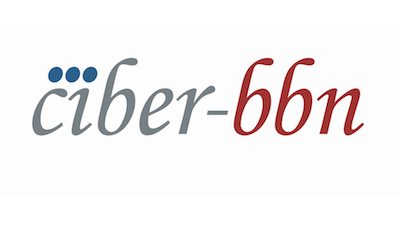Some epidemiological studies show that boron (B) intake can reduce the risk of certain types of cancer.
Current state-of-the-art technologies are based on the soluble administration of B releasing molecules, but in the present invention synthetic systems have been engineered with B containing molecules covalently bound on a solid support that can enhance the effect of synergistic activation of the boron cell membrane transporter (NaBC1) and adhesion receptors in cells, in particular as a potential antitumor strategy.
Innovative Aspects
Diverse material platforms have been engineered that act as cellular microenvironments to control NaBC1-integrin coupling. This technology combines the simultaneous stimulation of membrane receptors ubiquitously expressed in all tissues, maintaining synergistic activation of both, boron (B) transporter NaBC1, and cell adhesion proteins receptors, and furthermore providing an alternative to the use of antitumoral drugs with adverse effects.
It has been observed an unexpected ground-breaking effect of the activation of NaBC1 in colon cancer cell lines. Addition of B induces an adhesion-primed state of dedifferentiated cancer cells that inhibits proliferation and induces an epithelial like phenotype suggesting a reversion of the epithelial-to-mesenchymal (EMT) transition.
Stage of Development: In vitro validation ready for in vivo studies and clinical proof of concept
This new technology represents a safer potential approach to the treatment of colon cancer and other epithelial cancers.
The solid support also provides a pharmaceutical composition which can be used as a medicament in cancer treatments.
To be determined during further development.
Patient need addressed:
Colon cancer
Other epithelial cancers
Aida Castellanos Paez







